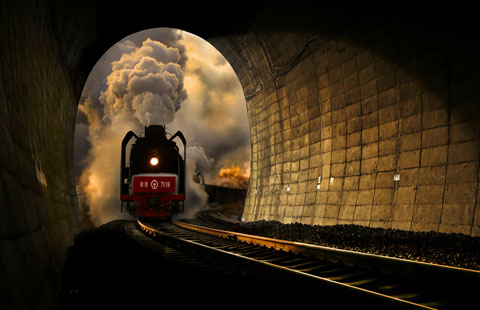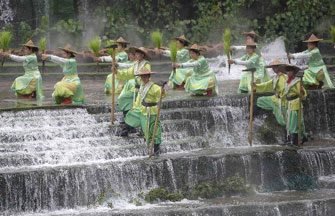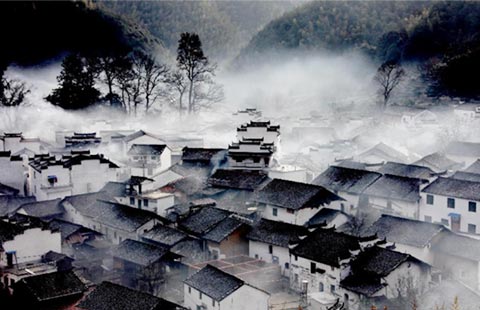Master of music fusion eyes Sichuan opera
By Chen Nan ( China Daily ) Updated: 2015-01-27 10:00:19For Gao, those crossover collaborations have been liberating.
In fact, he has never been a conventional pianist, though he was born into a musical family.
He recalls that he liked improvising and composing when he was as young as 9. However, both of his parents and his piano teacher criticized him and asked him to "obey" the music scores.
At around 14, he fell in love with jazz. In 1989, he established a jazz band called Titan with some classmates.
He received his bachelor's and master's degree from Oberlin Conservatory of Music and Butler University in the United States, and then spent seven years teaching composition at School of Music of University of Canterbury in New Zealand. Years of living in the West, he says, enabled him to be more aware of his Chinese cultural background.
In October 2004, he wrote a composition titled The Mountain, which was commissioned by American pianists Frederic Rzewski and Ursula Oppens. Gao draws his inspiration from his home of Sichuan province, and The Mountain recalls the expressive and humorous melodic tone of the local dialect. The same year, he finished composing Twelve-Hour Bridge, during his residency in the US.
"I imagined and created an illusionary bridge in music, which erases the long distance between China and the US," says Gao.
Questioning the Mountain, his work that was commissioned by Japanese violinist Rieko Suzuki, was a meditation written after the devastating earthquake in Sichuan province in 2008. His recent works, including The Four Not-Alike and Night Alleys, for piano and traditional Chinese instrument ensemble, deepened his ideas about combining East and West.
"Several years ago, I got an opportunity to play percussion when a group of friends performed Sichuan opera in Australia. I hope that all the composition and collaborative experiences I have had would contribute to my dream-that is, fusing piano with Sichuan opera-one day," says Gao.
|
|
|
|
|
|
|
|

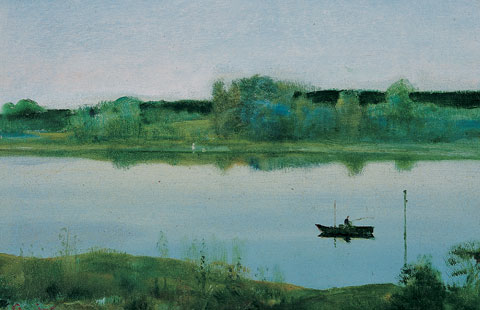
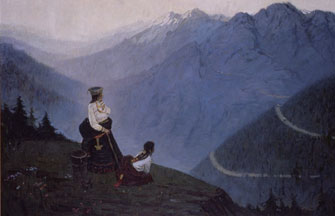

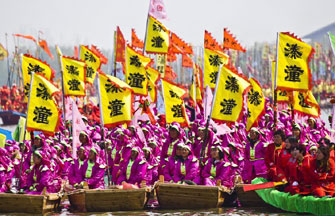
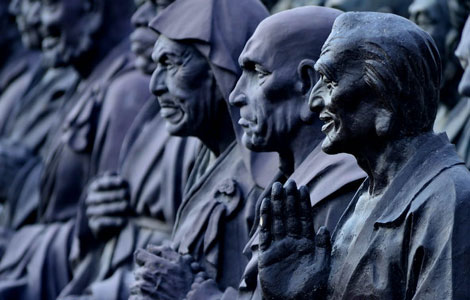
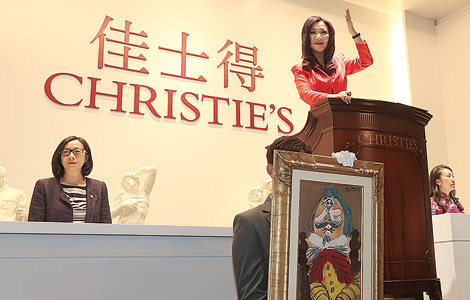
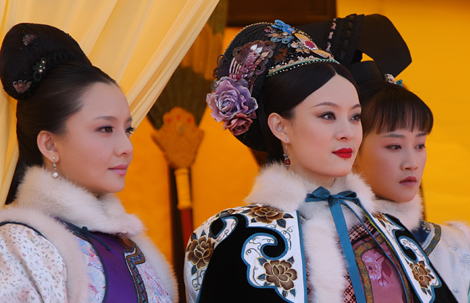






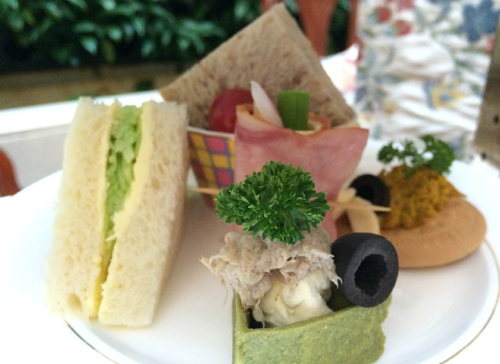







 Raymond Zhou:
Raymond Zhou: Pauline D Loh:
Pauline D Loh: Hot Pot
Hot Pot Eco China
Eco China China Dream
China Dream China Face
China Face
